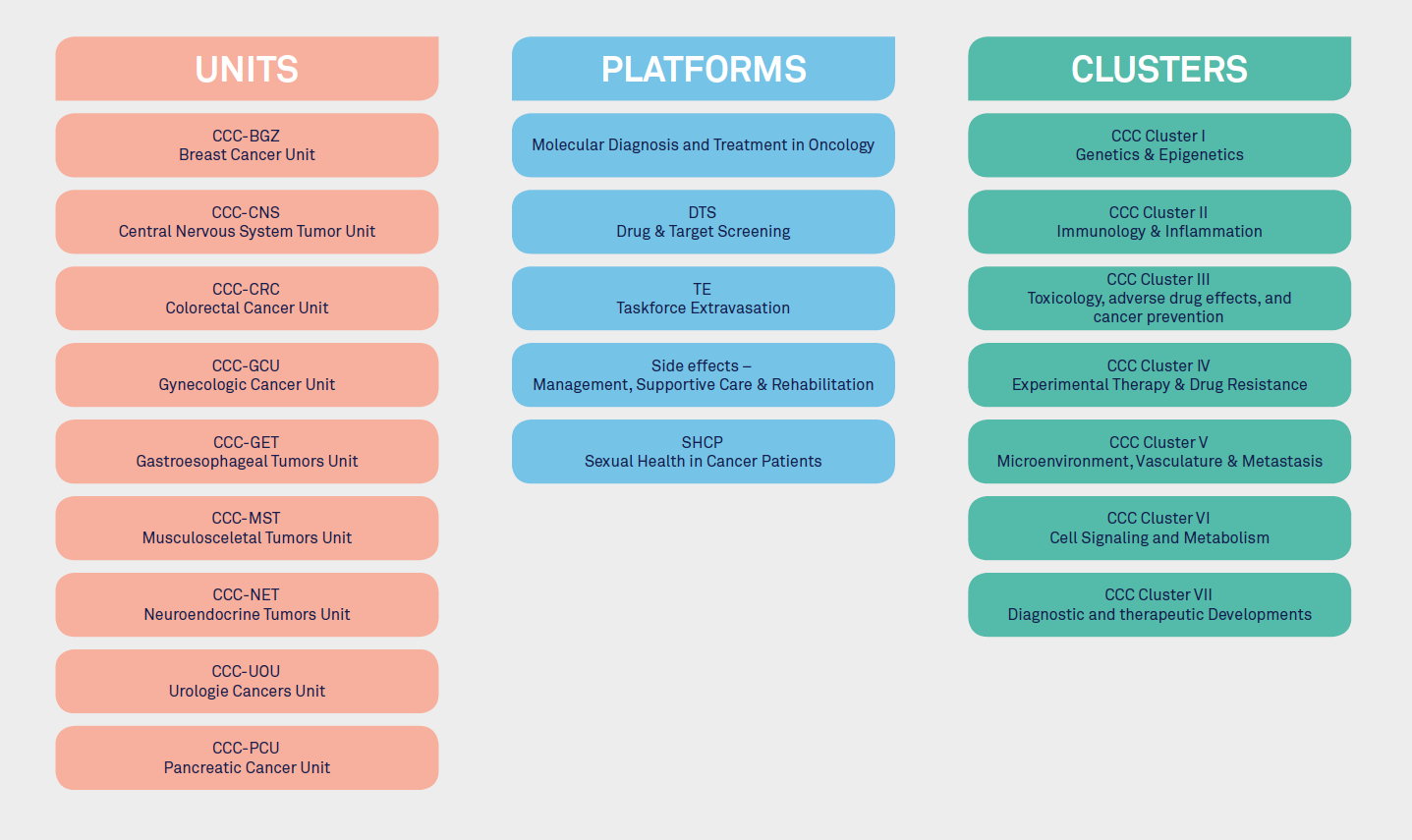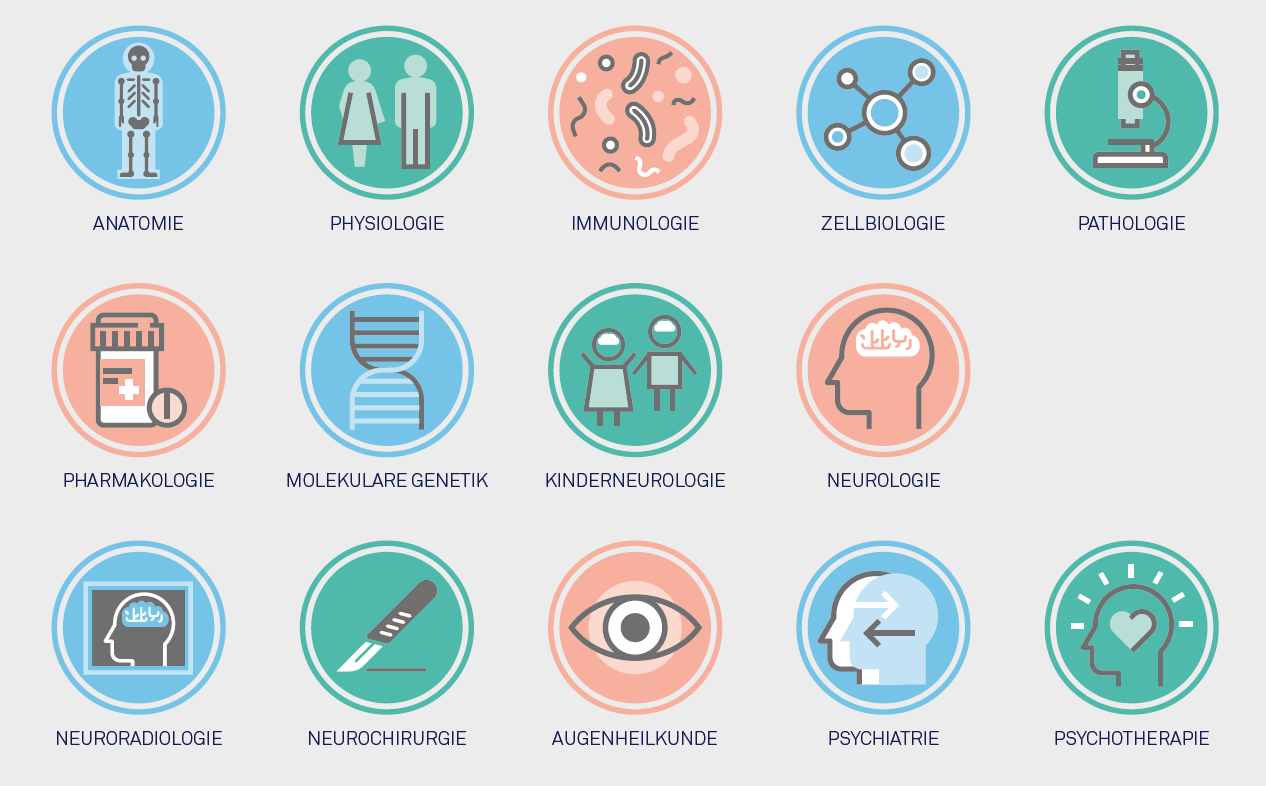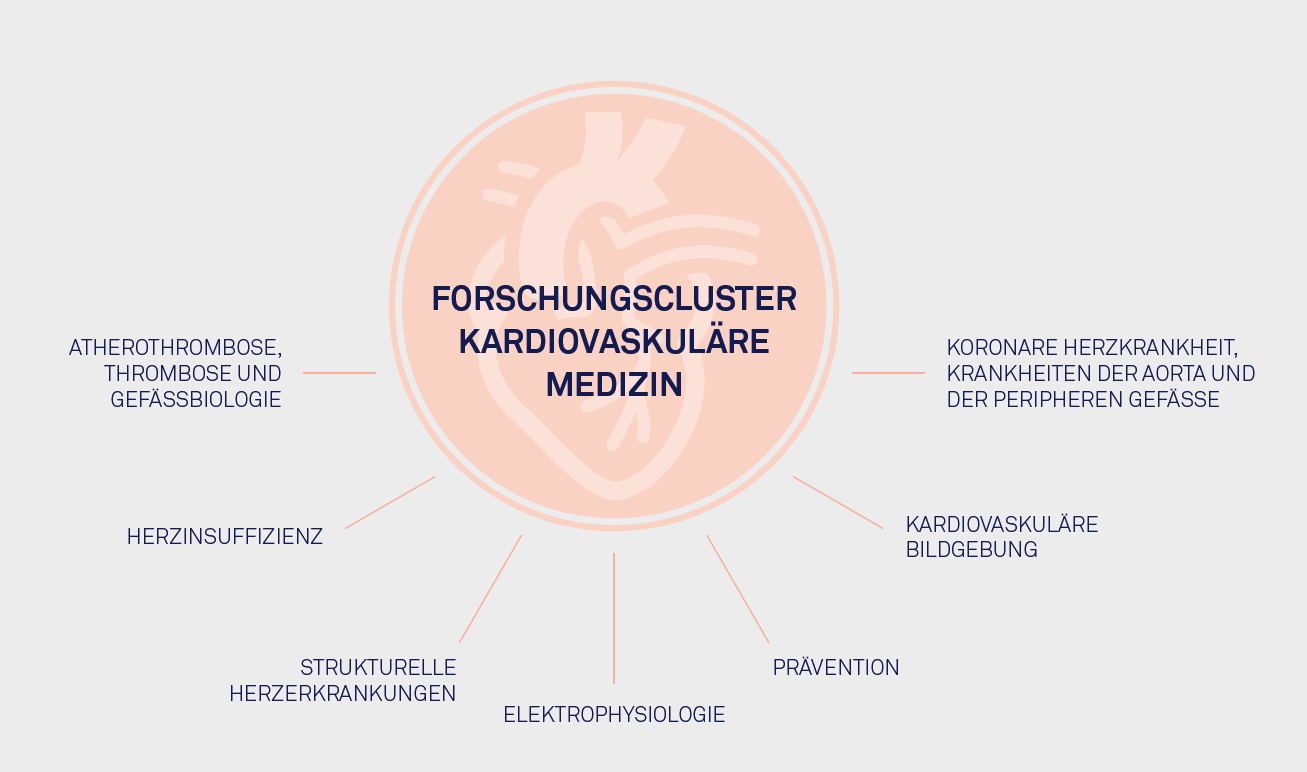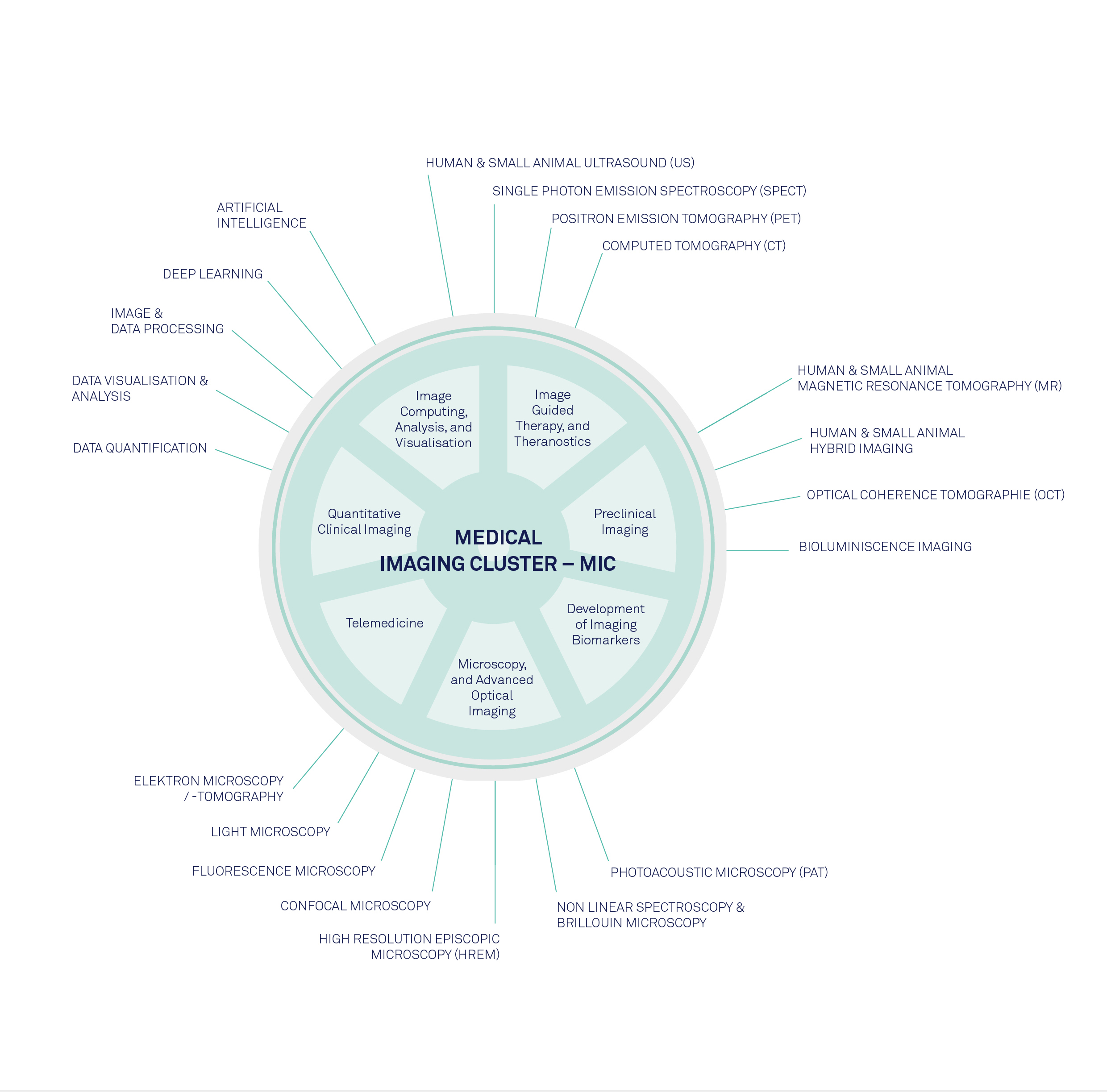The fact that MedUni Vienna is now nationally and internationally known and recognised as an institution in its own right is the result of hard work and creative heads - day in and day out.
Again and again, MedUni Vienna manages to produce research of outstanding international quality, despite its comparatively meagre financial provision. A number of scientists from MedUni Vienna are amongst the most quoted researchers in the world, particularly in the areas of rheumatology, neuroimmunology, ophthalmology, hepatology, urology or research into lymphomas.
Interdisciplinarity and translational research are important catchwords at Vienna University. Nearly all the University's organisational units are involved in medical-scientific and medical-diagnostic research - including its Triple Track strategy, that is to say the symbiosis of research, teaching and patient care.
The benefits of research and innovation for patients
The innovative approach of translational research is an integral part of MedUni Vienna's development plan, and one that offers its patients enormous potential. As a result of the unique combination of basic research and clinical applications, patients can benefit directly from the results of clinical studies.
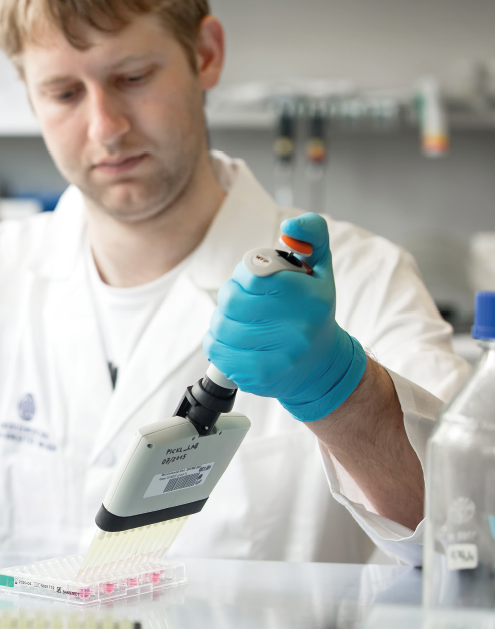
An additional plus for patients is the application of this interdisciplinary approach within the core research area. Collaboration between all doctors involved in treatment and the pooling of medical skills are key factors in determining success, especially in the treatment of cancer patients.
In global competition for research and innovation
When it comes to developing expertise and innovation, every university is competing for the best brains, partnerships with industry and resources of all kinds. MedUni Vienna concentrates on five main areas of research and positions itself clearly as an innovator. With its innovative research concept, MedUni Vienna is an attractive location for Austrian and international researchers. Its strategic direction is focused on promising areas of research such as, e.g. biomedicine. Future plans are oriented towards investment in the institution's strengths, in order to maximise the potential for top-level research, while at the same time striving for continuous improvement.
The individual goals of MedUni Vienna's five research clusters
The scientific goals of the Immunology Research Cluster, with its focus on allergies, inflammation and infection, lie in clarifying the molecular and cellular mechanisms of the immune response, deepening knowledge about the causes and development of acute and chronic diseases that are associated with a deficient, weakened or excessive immune and inflammatory response, and in the development of new prophylactic and therapeutic approaches, as well as diagnostic concepts for treating[U1] immunological and other inflammatory diseases, such as allergies, autoimmune diseases and infectious diseases, for example.
The treatment of cancerous diseases, and research into them, is accorded high priority at the Medical University of Vienna and the General Hospital for the City of Vienna. Research into the mechanisms of cancer and the translation of this knowledge into clinical practice require a solid combination of skills and know-how from different disciplines. The "Cancer Research/Oncology" Research Cluster was set of at MedUni Vienna to provide and coordinate such a combination of skills and a Comprehensive Cancer Center (CCC) was established, in line with international standards, as early as 2010.
The "Medical Neurosciences" Research Cluster reflects the broad range of research activities relating to neurosciences and psychosocial sciences at the Medical University of Vienna. The research groups working in this Cluster cover a broad spectrum of neuroscientific disciplines, including anatomy, physiology, immunology, cell biology, pathology, pharmacology and molecular genetics, as well as the clinical disciplines of neurology, paediatric neurology, neuroradiology, neurosurgery, ophthalmology, psychiatry and psychotherapy. The overriding aim of all research activities is to obtain knowledge that leads to a better understanding of the pathophysiology of diseases of the nervous system and hence to better diagnosis and treatment of affected patients.
The aims of the Cardiovascular Medicine Research Cluster are to create a Center of Excellence (CCVM), joint development and exploitation of resources, the creation of national biobanks, the joint development of multinational databanks, excellent PhD training in cardiovascular medicine, as well as the creation of chairs and careers in cardiovascular disciplines.
Due to the complexity of imaging research, it encompasses different methods from the many different specialist disciplines. The Cluster therefore sees itself as a multimodal and multidisciplinary network, gathering together clinicians, researchers and scientists from the Medical University of Vienna, in order to optimise any potential synergistic effects. The common interest of the "Medical Imaging" Research Cluster is the exploration and advancement of morphological, functional and molecular imaging. The goal of the "Medical Imaging" Research Cluster is to bring about an essential paradigm shift in access to translational research, from the individual cell right through to the individual person. The aim is to develop new ways of diagnosing diseases at an earlier stage, characterising them more accurately and evaluating new therapeutic approaches.
Medical Centers of Excellence & evaluation of inventions
Given its history, its size and its Triple Track, the Medical University of Vienna is predestined to be a "knowledge machine". Having given birth to innovations, educated people and cured patients for centuries, it is in the best possible position to carry on doing this in the future.
MedUni Vienna is therefore constantly working on innovative research concepts for national and international researchers with the goal of creating an international "Center of Excellence".
In addition to this, MedUni Vienna intends to take on a leading role as a Health Care Player. Apart from participating in international networks and non-university collaborations, extraordinary funding measures for highly gifted researchers and performance-oriented career models for doctors will play a central role in this.
In order to develop additional sources of research funding in the future, MedUni Vienna plans to encourage the patenting and commercial exploitation of research results ("Academic Private Partnership"). The Medical University of Vienna has set up its own Service-Organisation for this purpose.

